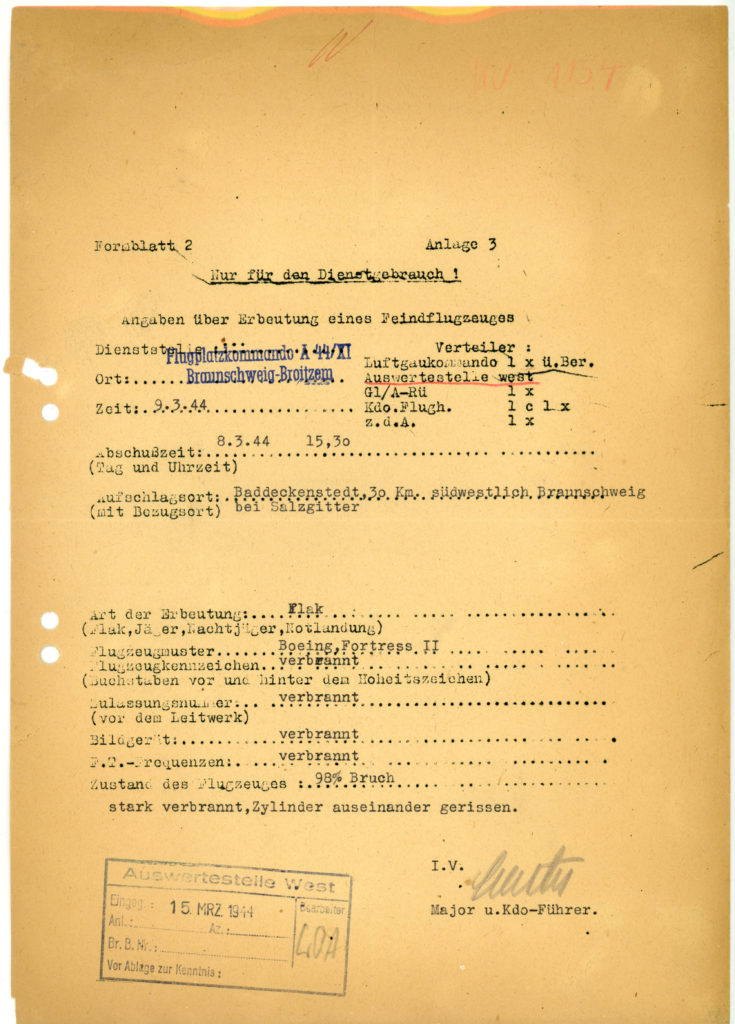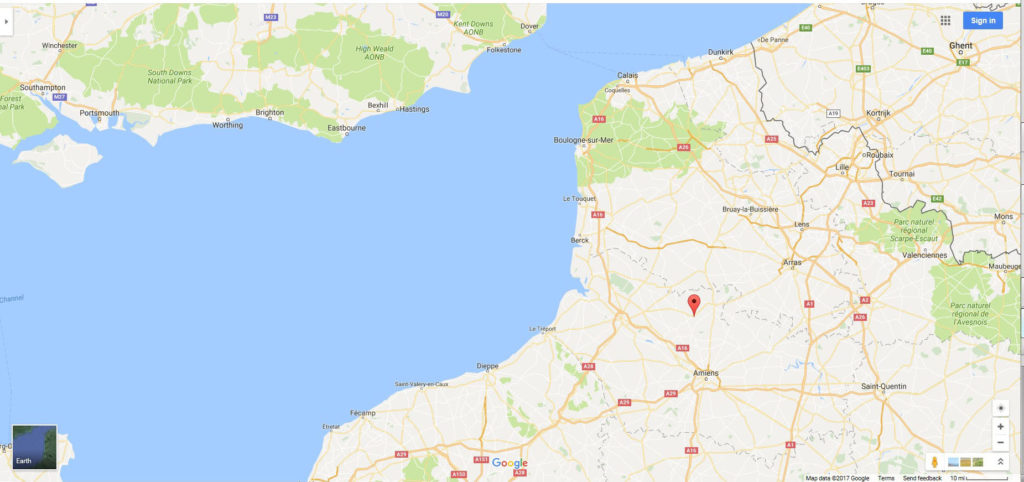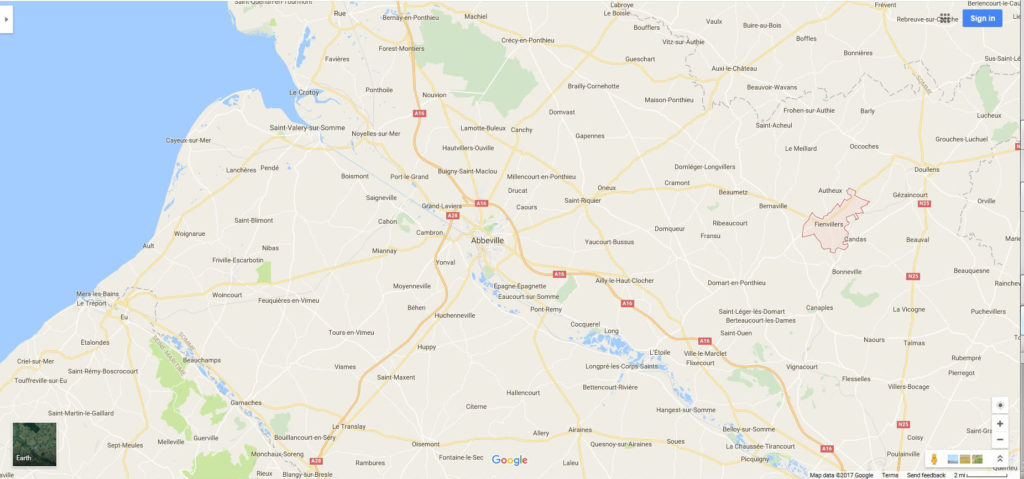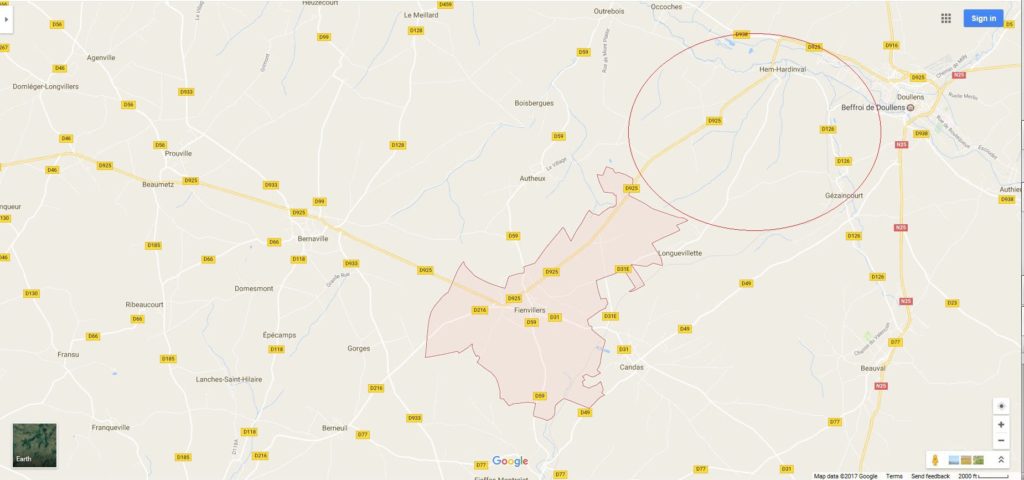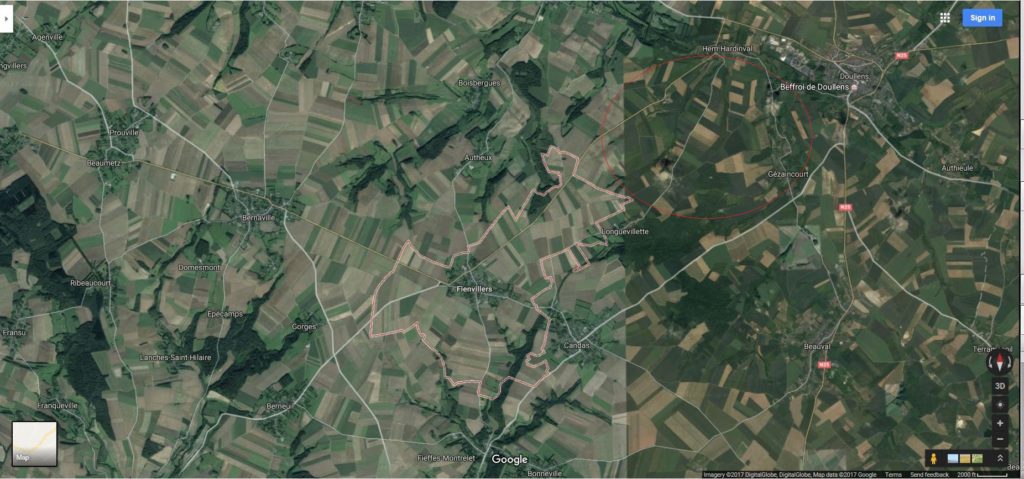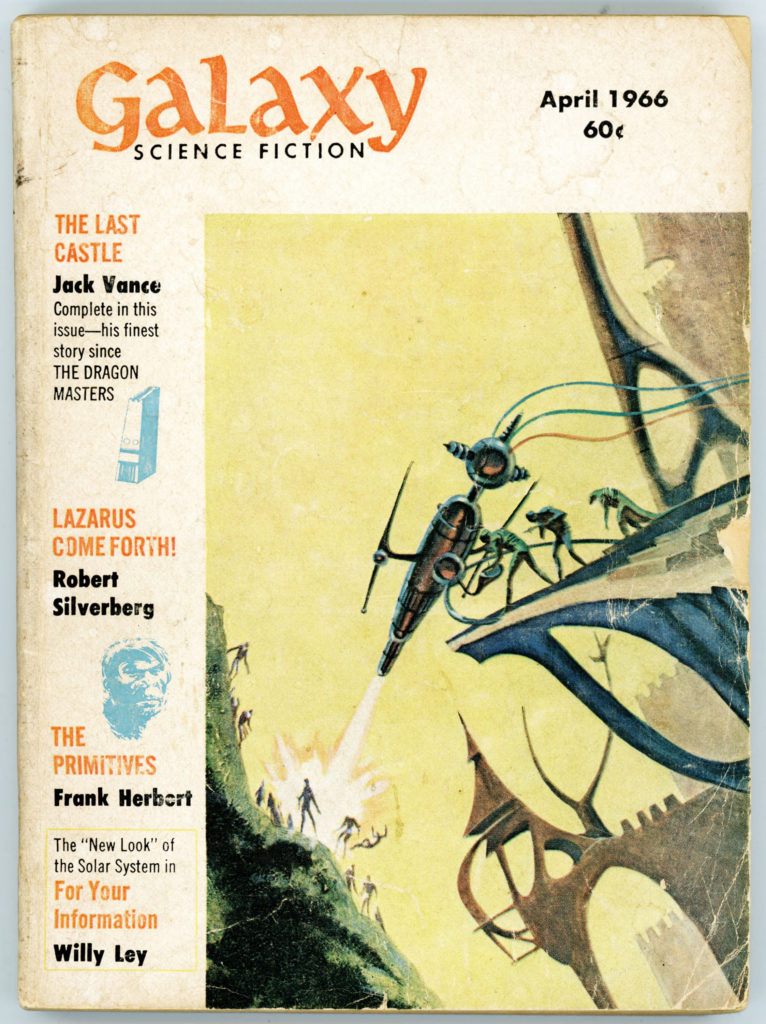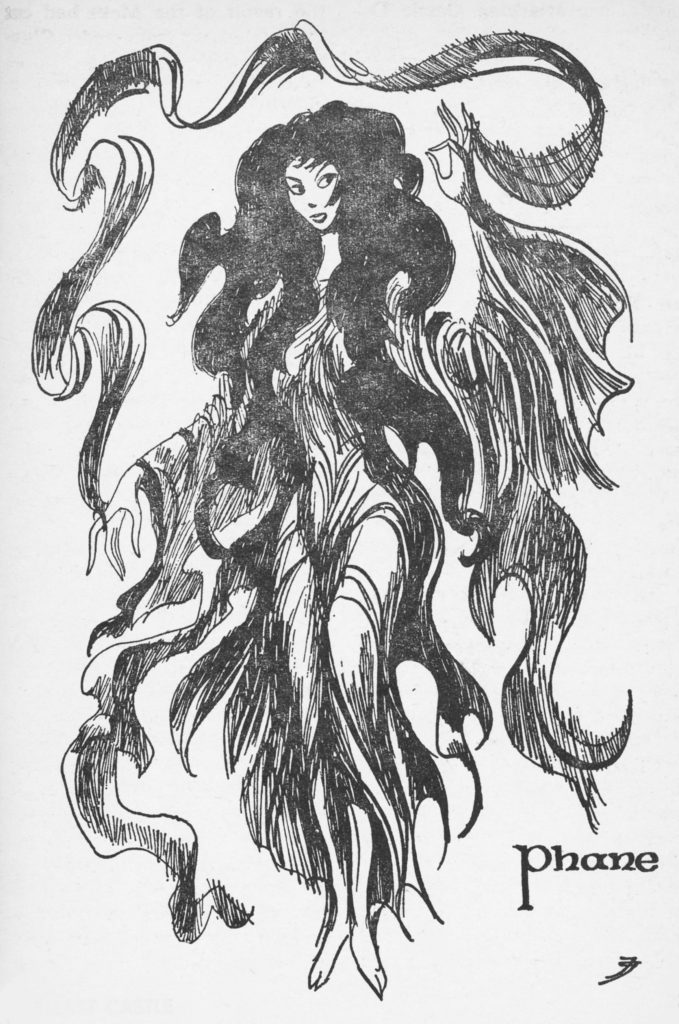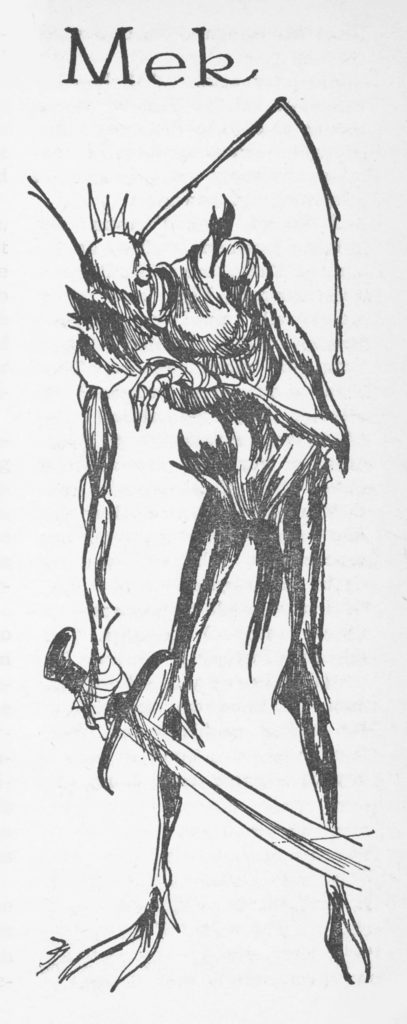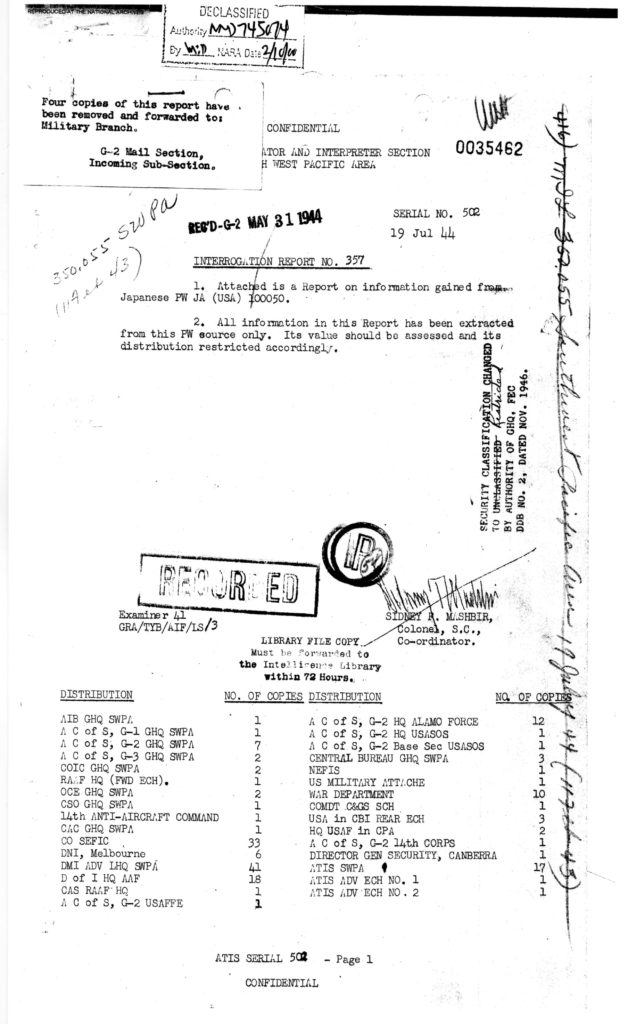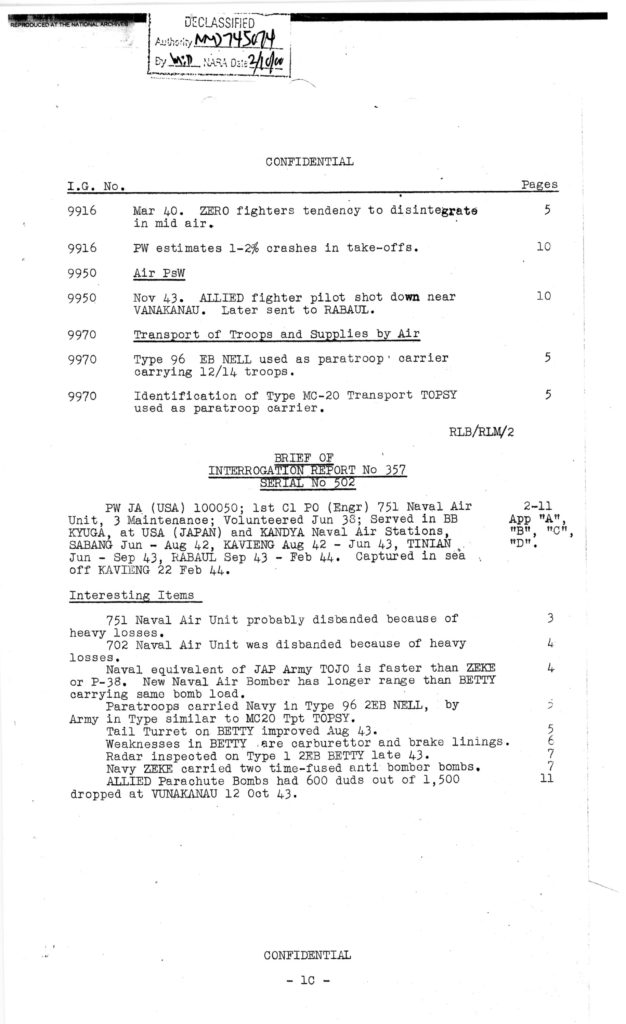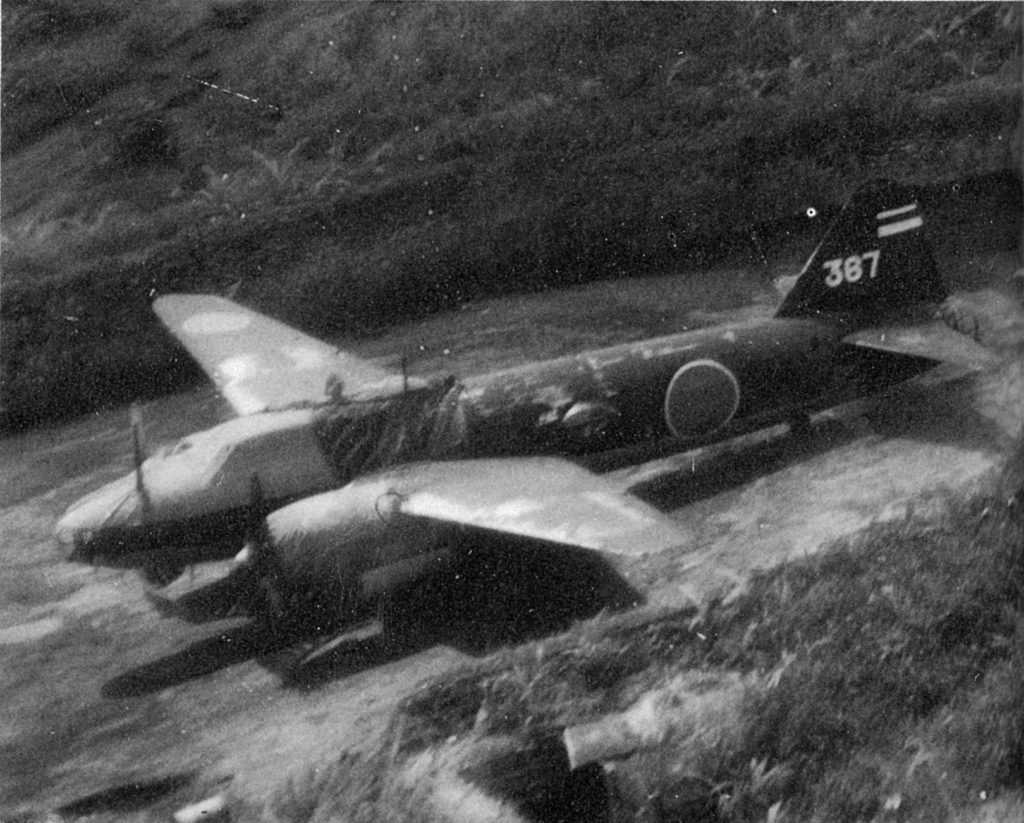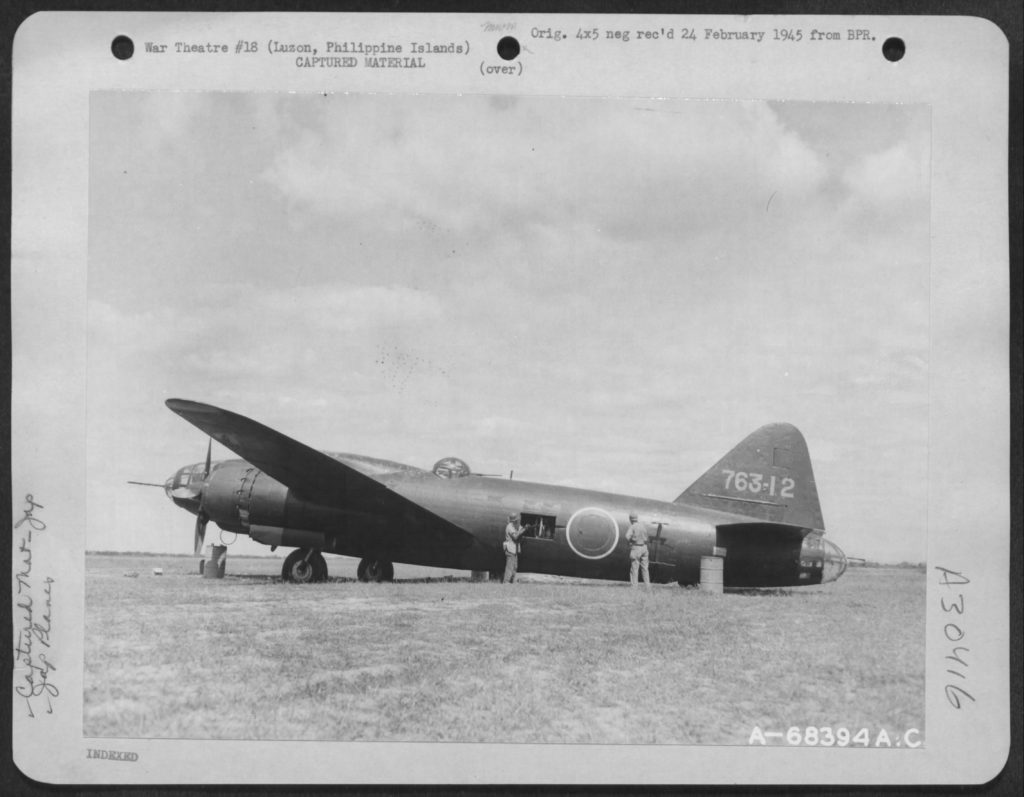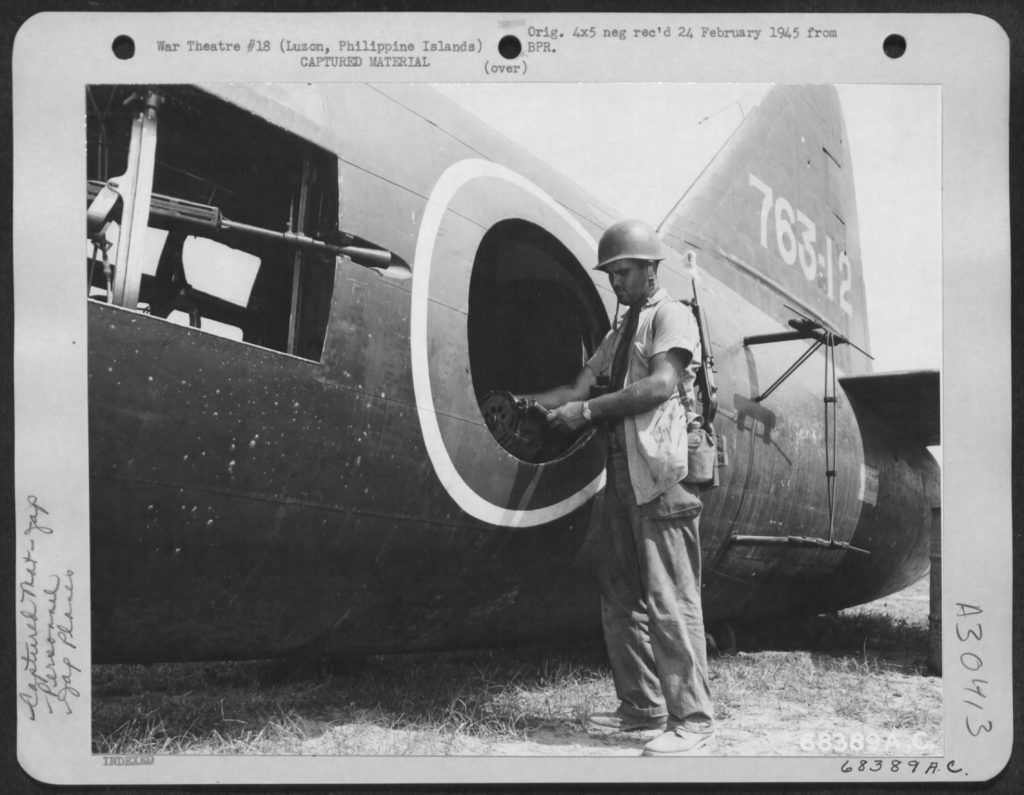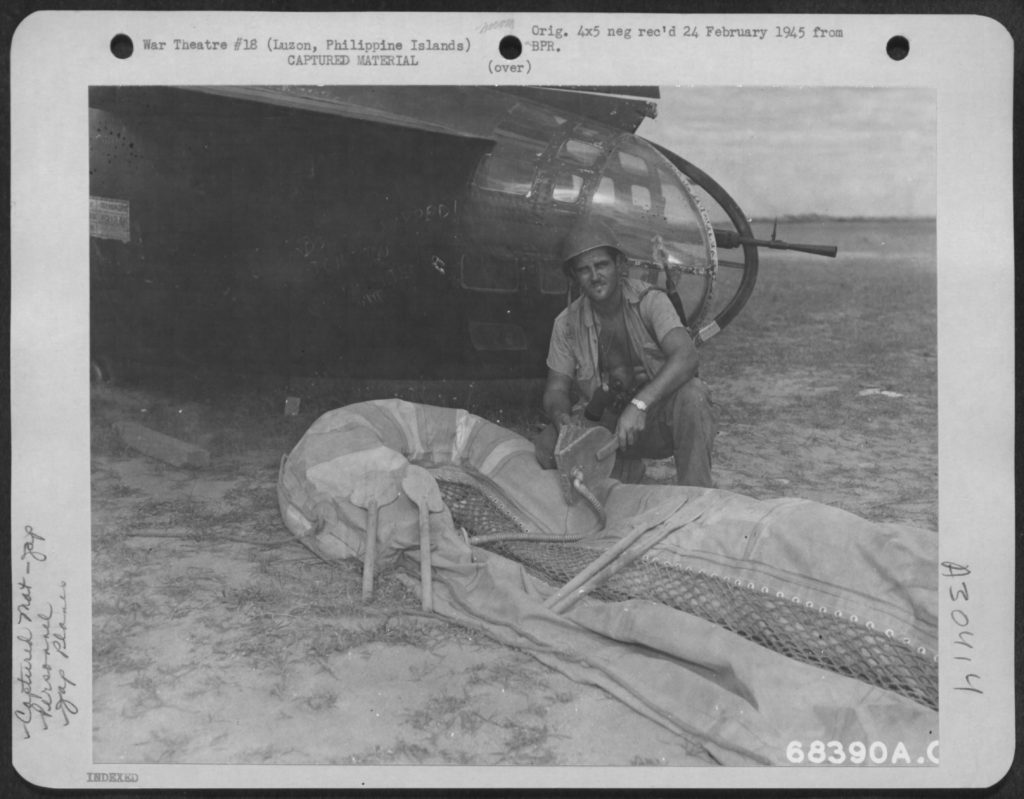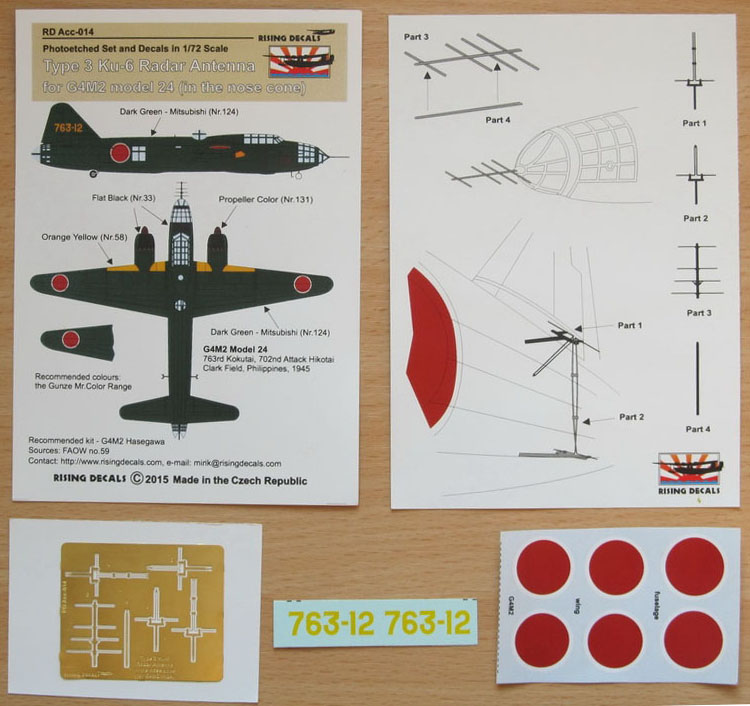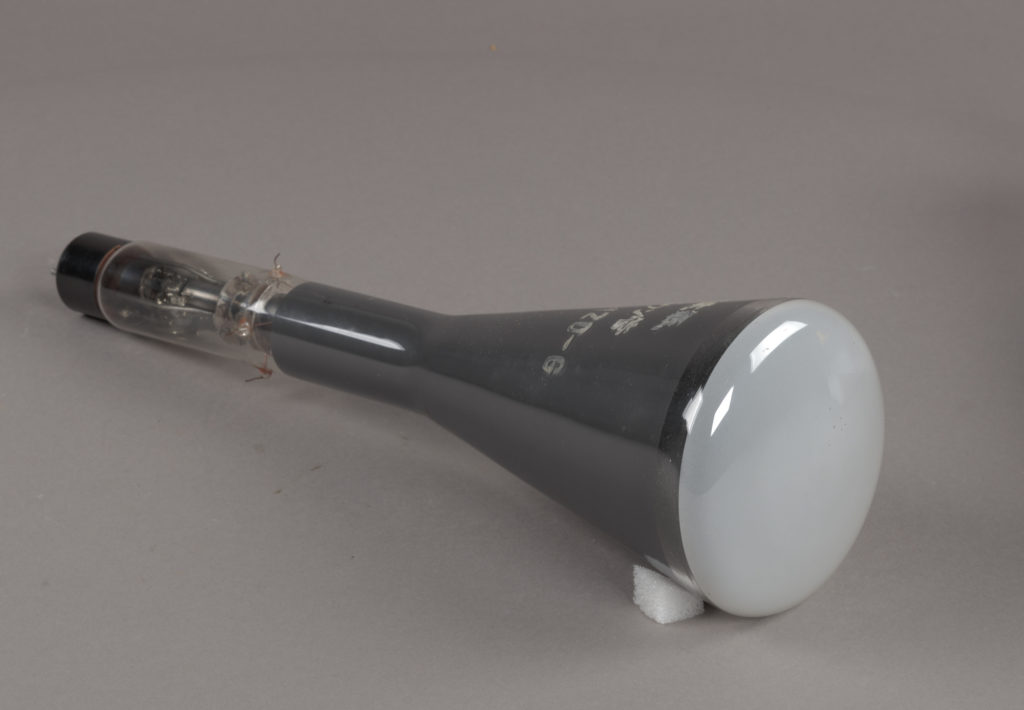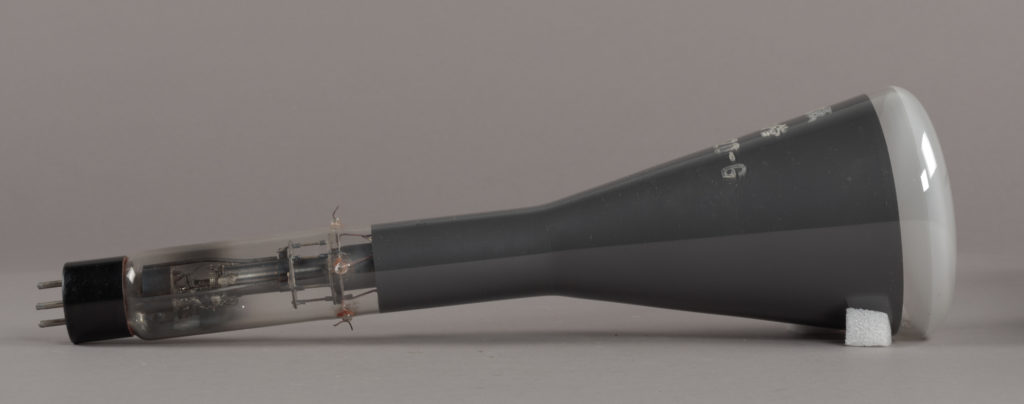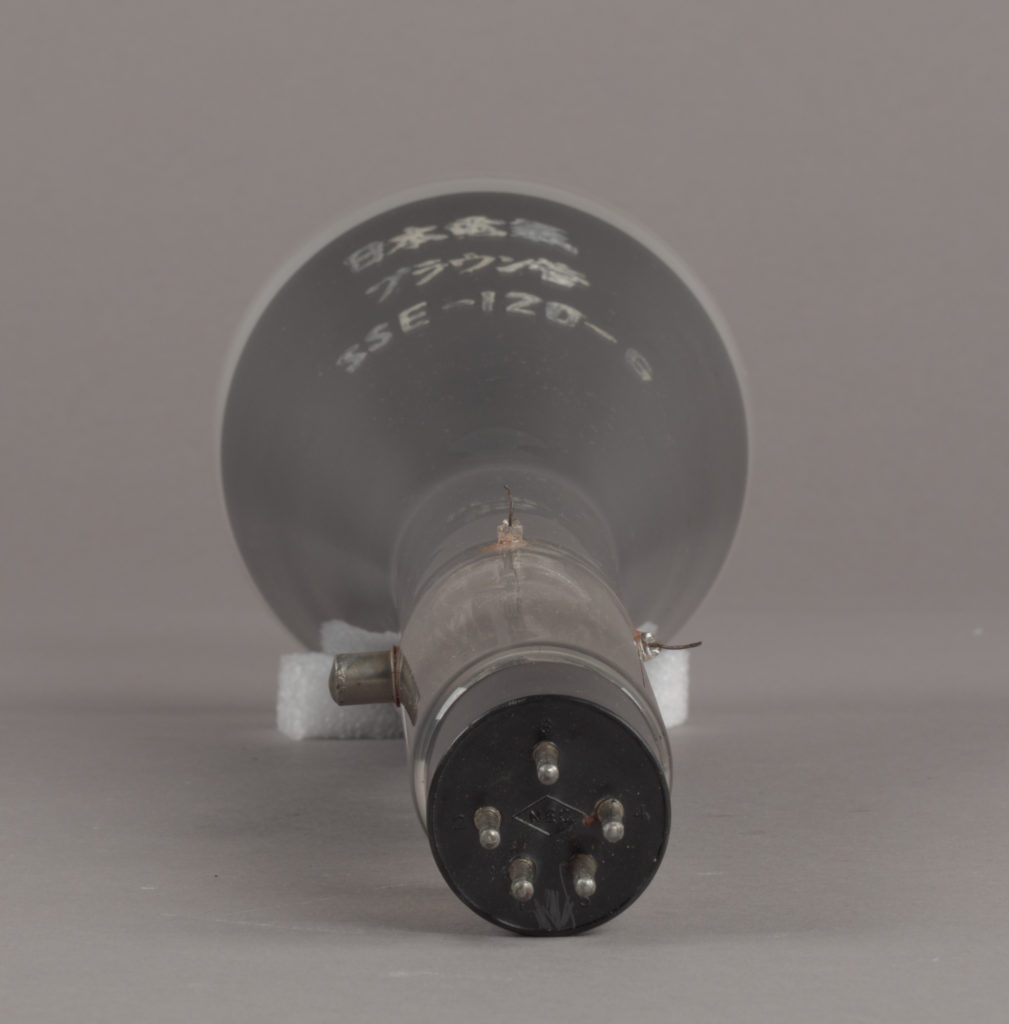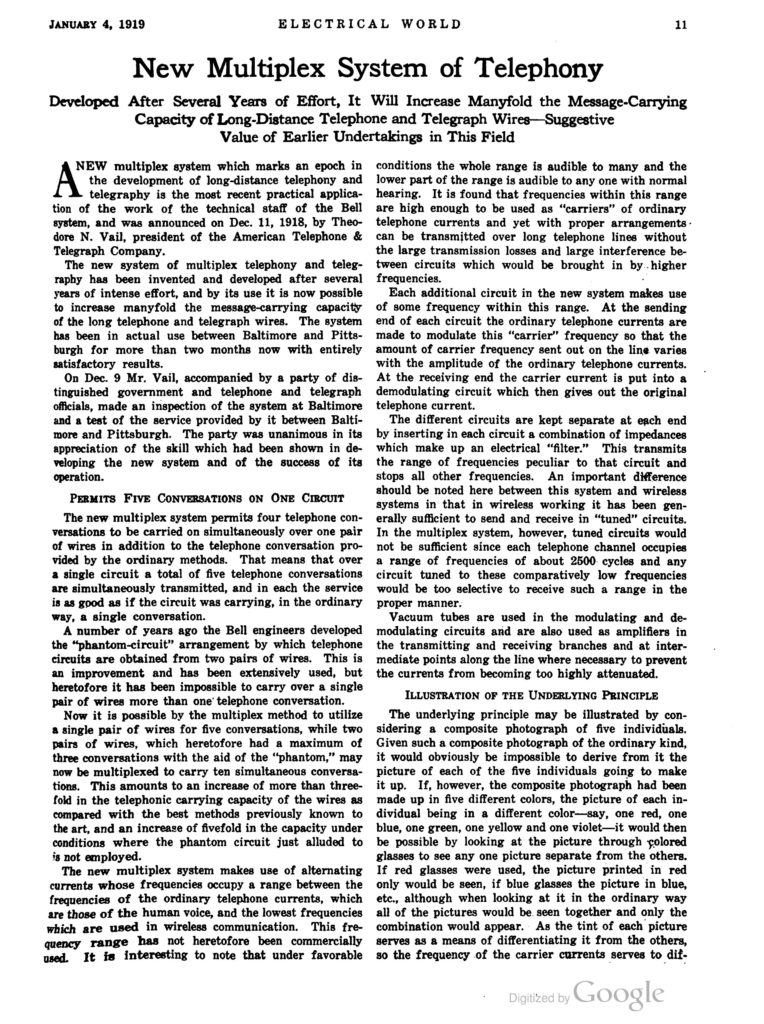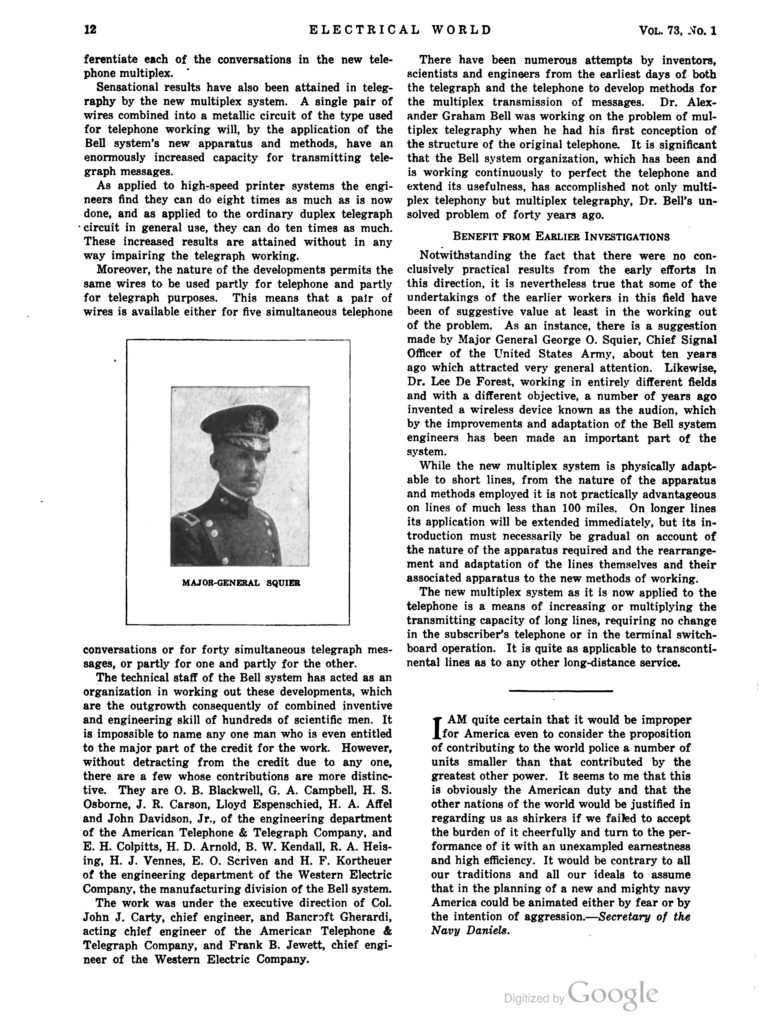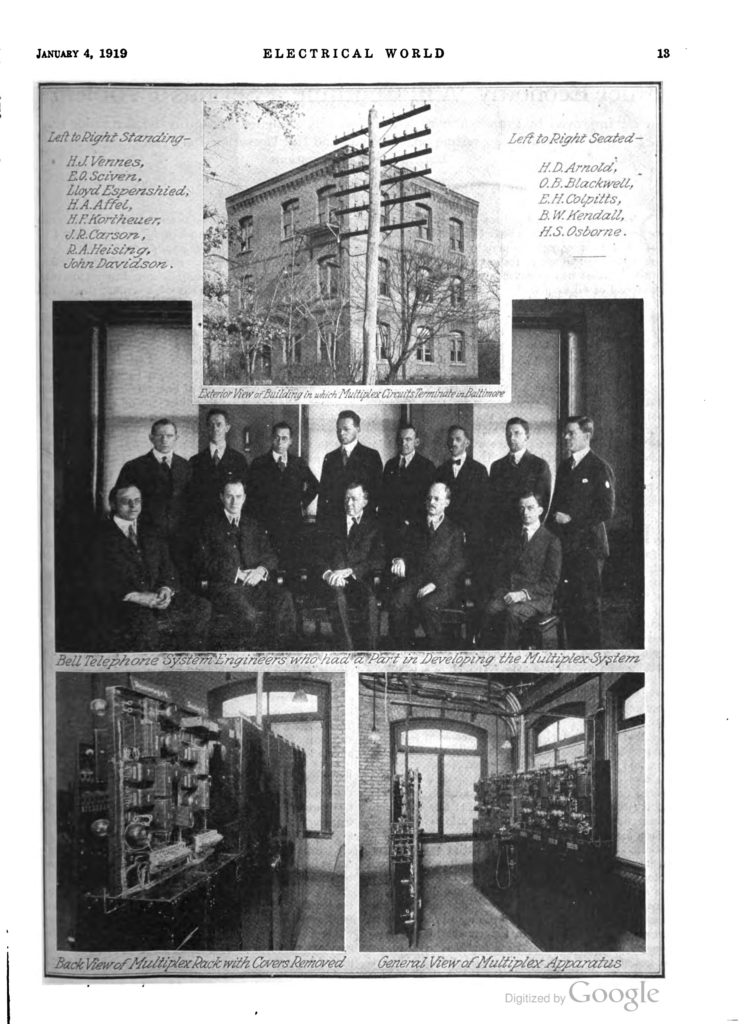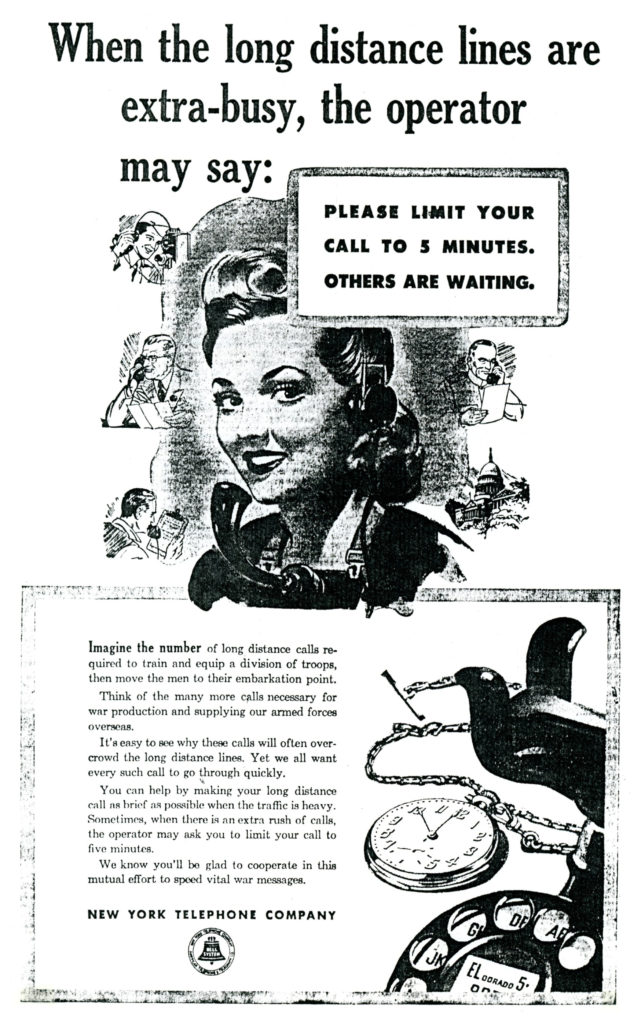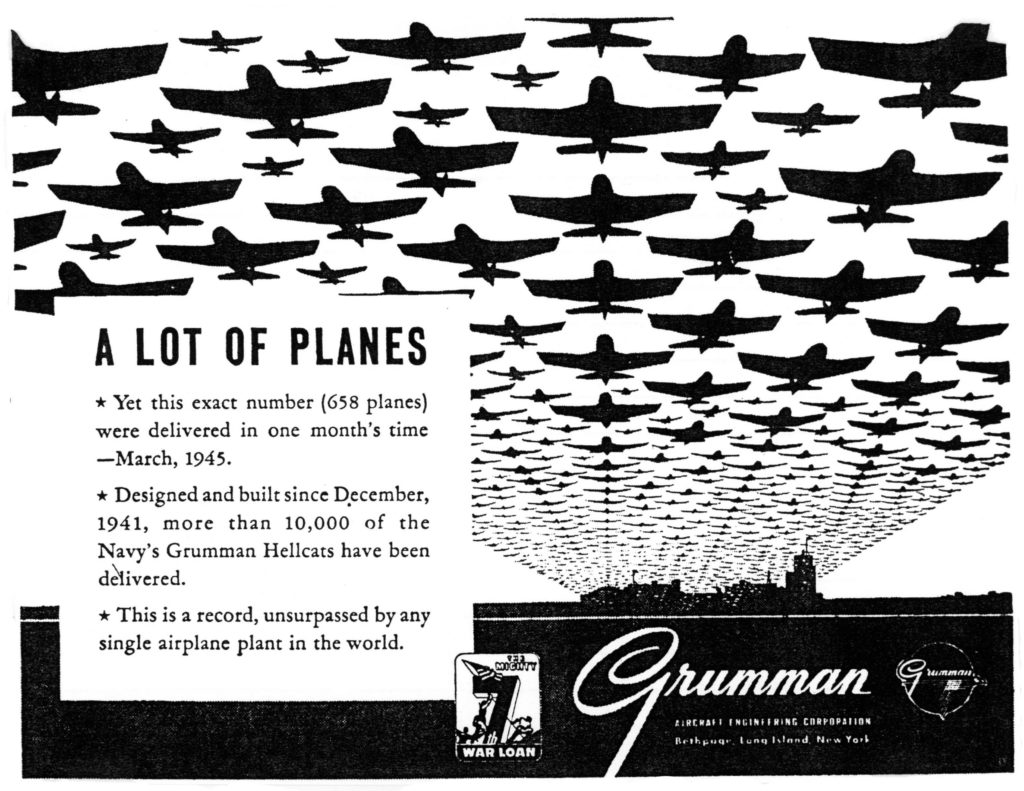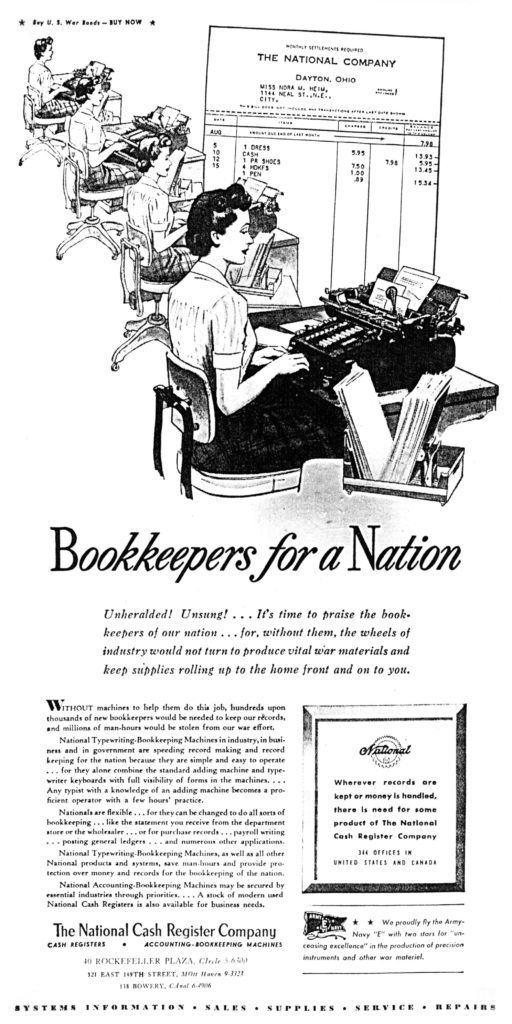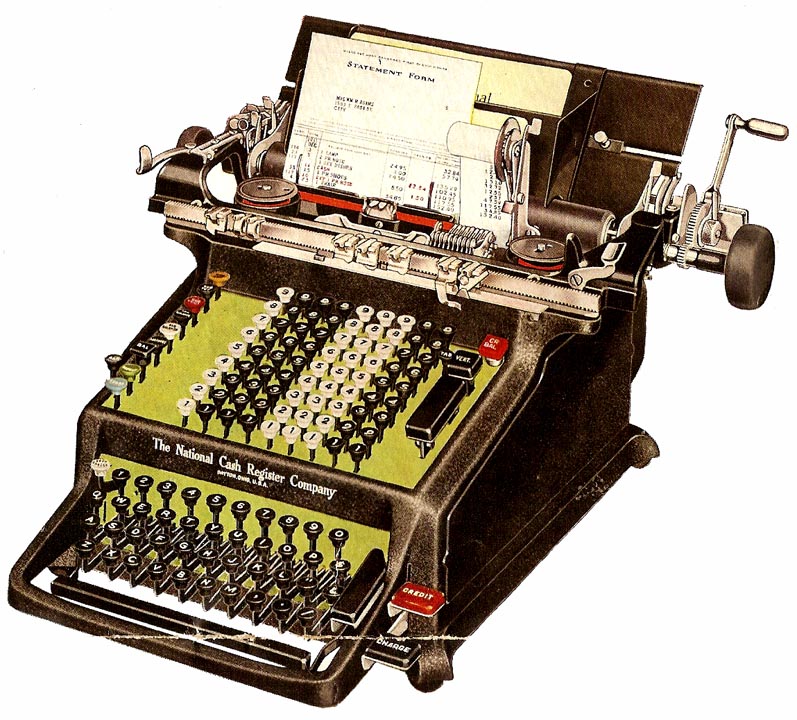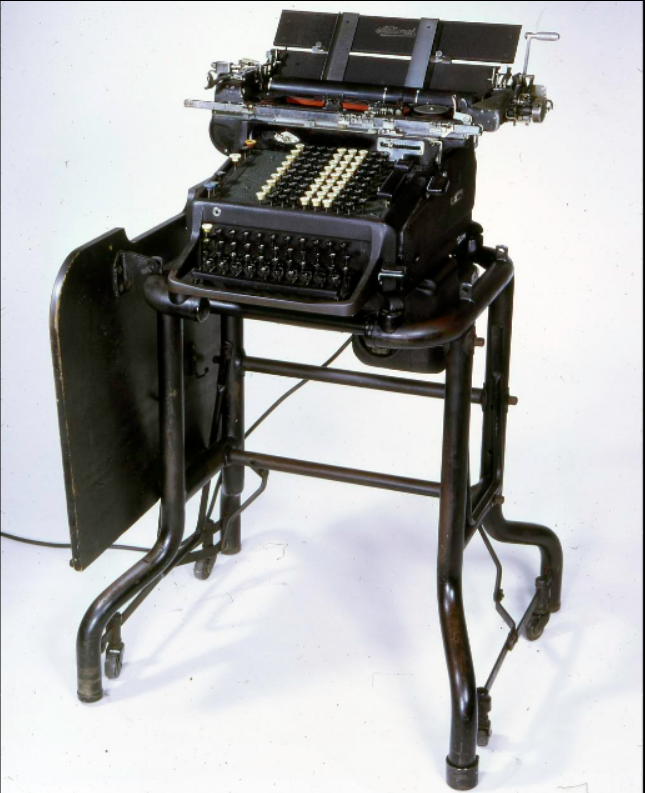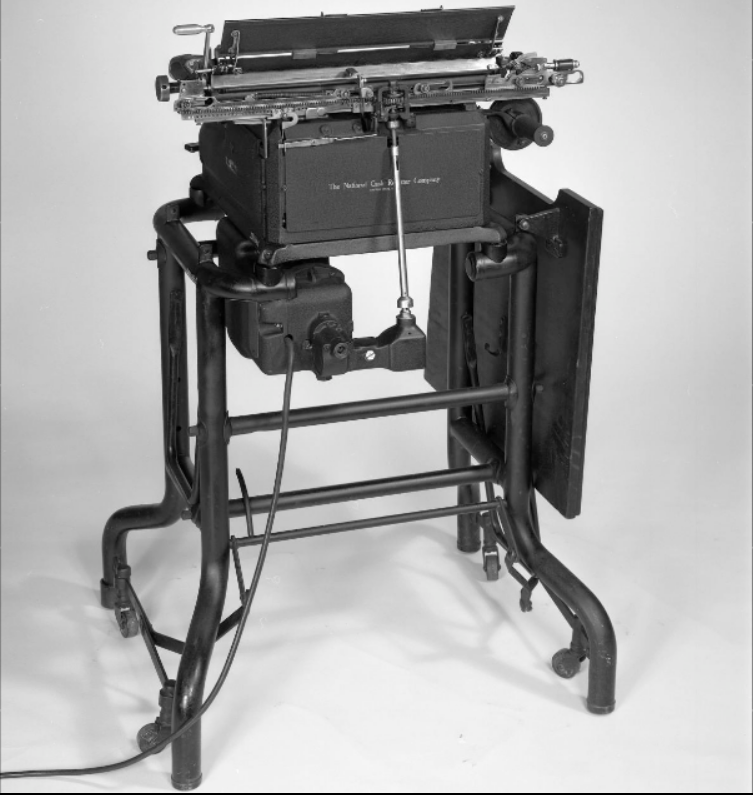The three prior blog posts concerning photographs in Luftgaukommando Reports (that for P-51D Mustang 44-14040 (“Chicago’s Own”) in Report J 2525, and the two posts for B-24H Liberator 41-28754 (“Tell Me More”) in Report KU 1680) share a fortunate similarity: The aviators aboard that Mustang and Liberator all survived the loss of their planes. Taken prisoner, they all returned to the United States after the war’s end.
The loss of the aircraft covered in this blog post – B-24D Liberator 42-63792 of the 36th Bomb Squadron, 328th (later 801st) Bomb Group, 8th Air Force, covered in Missing Air Crew Report 3666, resulted in a different outcome: One crew member evaded capture, but one aviator was killed in the loss of the aircraft, and the remainder spent the rest of the war as POWs.
In historical and archival terms, the Luftgaukommando Report (KU 1054) covering the loss of this bomber so far has the distinction of having the largest number of photographic images I’ve found in any KU Report I’ve examined.
This is probably attributable to the nature of the electronic equipment found in the plane, which comprised three notable items: 1) A BC-929-A “Rebecca” Radar Interrogator, 2) An APN-1 Radar Altimeter, and 3) A M.C.R.-1 Miniature Communications Receiver.
____________________
This nicknameless Liberator, piloted by 1 Lt. Frank G. McDonald, squadron letter “U”, was lost at 23:30 on the evening of March 2 – 3, 1944, during an operation dubbed “Musician 5”. The Crew’s Mission Report for March 3, 1944 describes the plane’s load as 3 packages and 13 containers (both of unspecified contents), and 10 leaflets (containers of leaflets?).
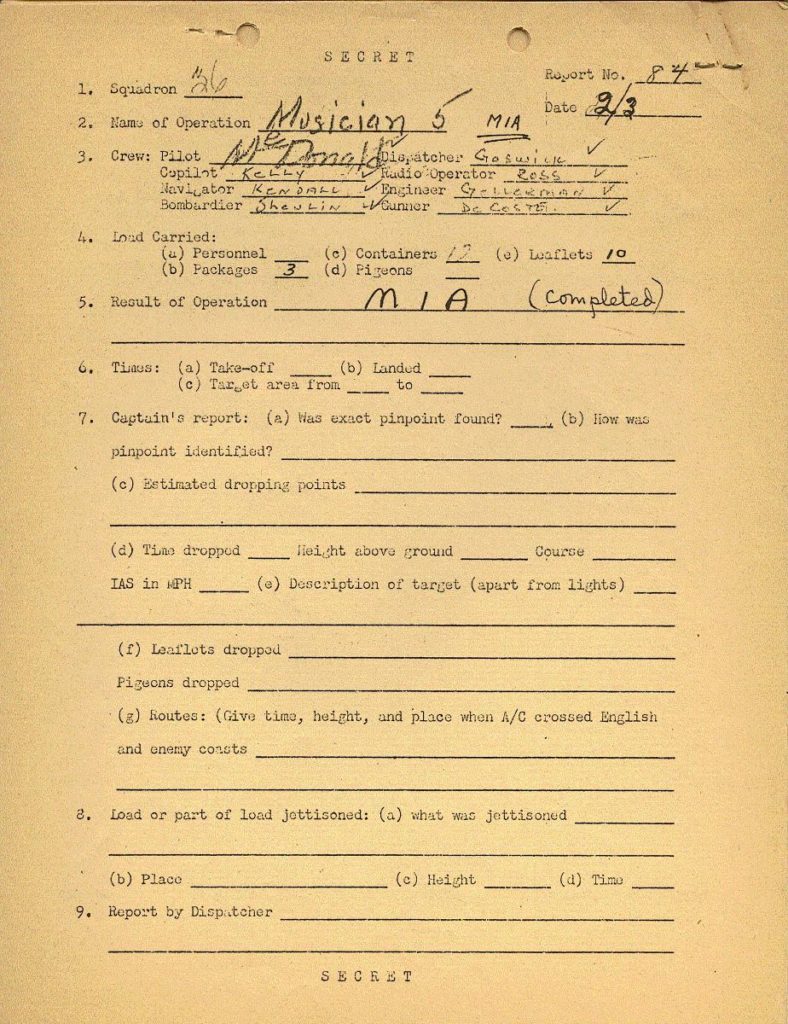 Roy Tebbutt’s extraordinarily comprehensive document “Aircraft lost on Allied Force’s Special Duty Operations & Associated Roll of Honour” states that the plane was shot down by flak mounted on railway cars. The crash location in his compilation is stated as “Hem-Hardinval, Fienvillers (Somme)”, France, which is consistent with the location given in the KU Report as “five kilometers southwest of Doullens”.
Roy Tebbutt’s extraordinarily comprehensive document “Aircraft lost on Allied Force’s Special Duty Operations & Associated Roll of Honour” states that the plane was shot down by flak mounted on railway cars. The crash location in his compilation is stated as “Hem-Hardinval, Fienvillers (Somme)”, France, which is consistent with the location given in the KU Report as “five kilometers southwest of Doullens”.
Co-pilot Lt. Frederick C. Kelly’s Escape & Evasion Casualty Questionnaire (one page of which is included in the MACR; the transcribed account is given below), states that the propeller on the #1 engine was damaged, the #2 engine was on fire, the #3 engine was struck by flak and inoperative, the tail turret would not work because of damage to the hydraulic system. And unsurprisingly, the fuselage was peppered with flak holes.
Here is a page from the KU Report describing the plane’s wreckage. Note that the investigator identified the plane as a “Boeing Fortress II”. (!)
Here is the crew list in the MACR:
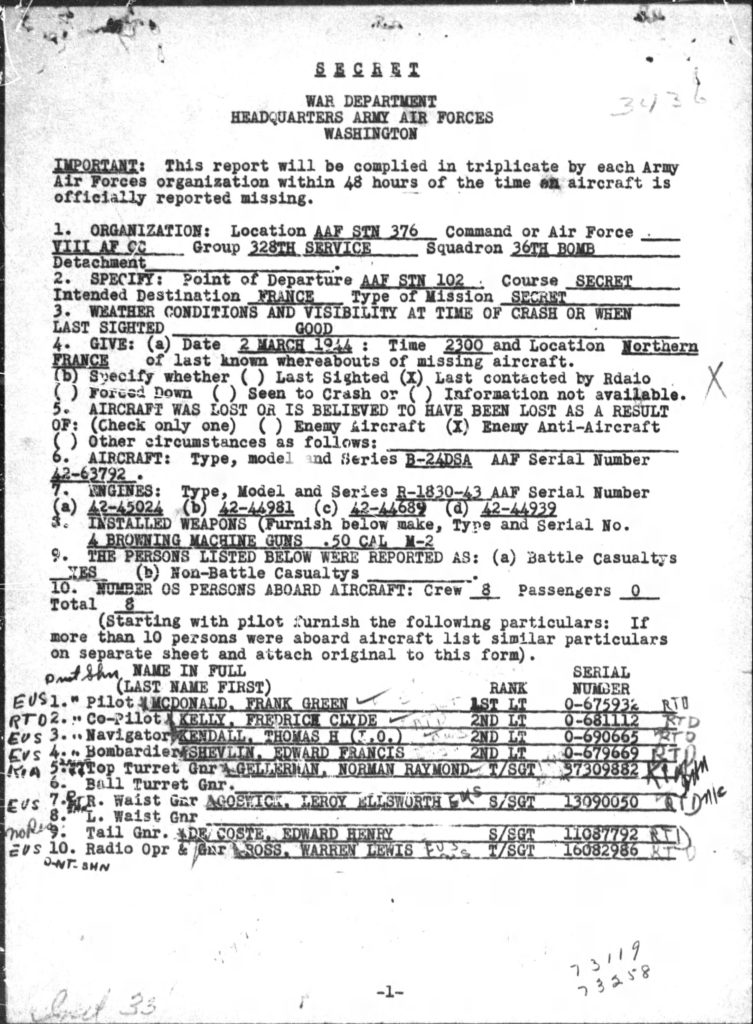
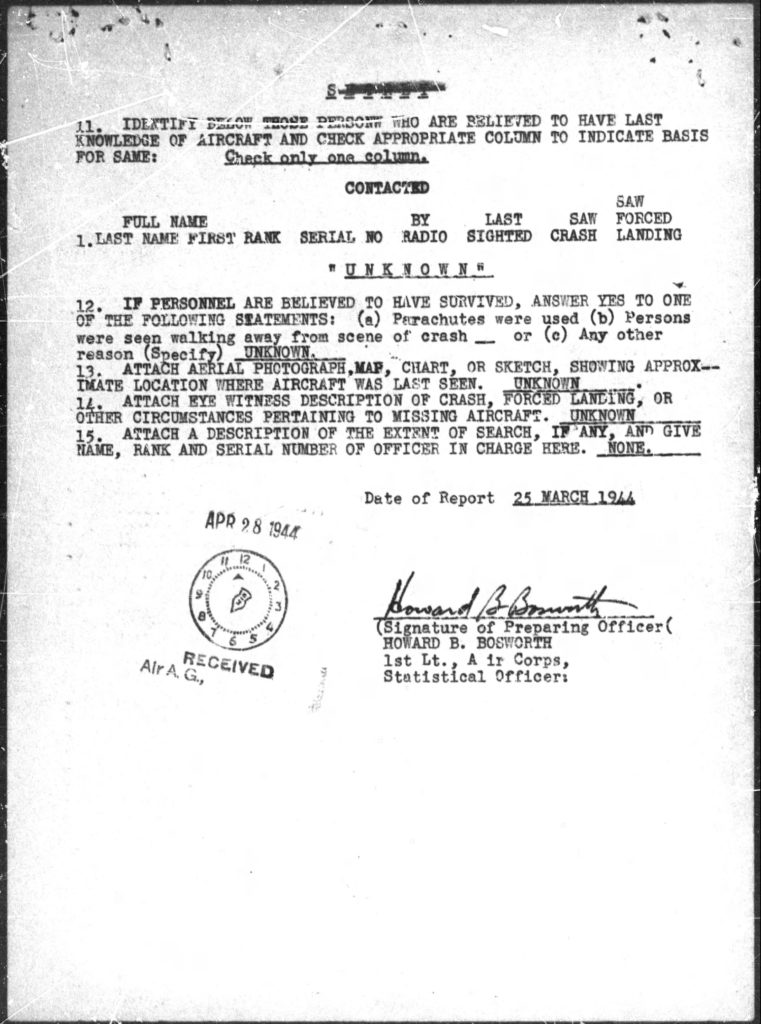 More information about the crew – all of whom were still in the aircraft when it crashed – is given below:
More information about the crew – all of whom were still in the aircraft when it crashed – is given below:
Pilot – McDonald, Frank Green, 1 Lt., 0-675932
Mrs. Mary Thornton (mother), 1975 Sabine Pass, Beaumont, Tx. (or) 2823 South Adams St., Fort Worth, Tx.
Born 7/15/17; Died 1/15/99
Buried Hopewell Cemetery, Bowie, Tx. (https://www.findagrave.com/)
POW Stalag Luft 1 (Barth) – (North Compound 1)
Co-Pilot – Kelly, Frederick Clyde, 2 Lt., 0-681112
Mrs. Frederick C. Kelly (wife), 26 Bellevue Road, Arlington, Ma.
Mrs. Elnora E. Watson (mother), Main Street, Taftsville, Vt.
Born 7/14/23
Evaded – Returned to England approximately June 1, 1944
Navigator – Kendall, Thomas H, 2 Lt., 0-690665
Mr. Philip R. Kendall (father), Williamsburg, Oh.
POW Stalag 7A (Moosburg)
Bombardier – Shevlin, Edward Francis, 2 Lt., 0-679669
Mrs. Mary R. Shevlin (wife), 908 Presidio, Forth Worth, Tx.
Born 8/12/19, Cortland, N.Y.; Died 3/7/11
Buried Oaklawn Memorial Gardens, Titusville, Fl. (https://www.findagrave.com/)
(Edward Shevlin’s tombstone – illustrated in his biography at FindAGrave – gives his wartime rank as S/Sgt. This is almost certainly in error.)
POW Stalag Luft 1 (Barth) – (North Compound 1)
Flight Engineer – Gellerman, Norman Raymond, T/Sgt., 37309882, 5 missions, AM, PH, KIA – Sole Fatality
Mrs. Virginia L. Gellerman (wife), 1415 Palace St., St. Paul, Mn.
Mr. and Mrs. Raymond Louis and Winnifred Gertrude (McHugh) Gellerman (parents)
Brothers and sister: Vincent Clay, John Paul, Francis J., Louis Ernest, Roger Leonard, and Kathleen Mary
Born 12/20/17, Ramsey County, Minnesota
Normandy American Cemetery, St. Laurent-sur-Mer, France – Plot A, Row 13, Grave 32 (https://www.findagrave.com/)
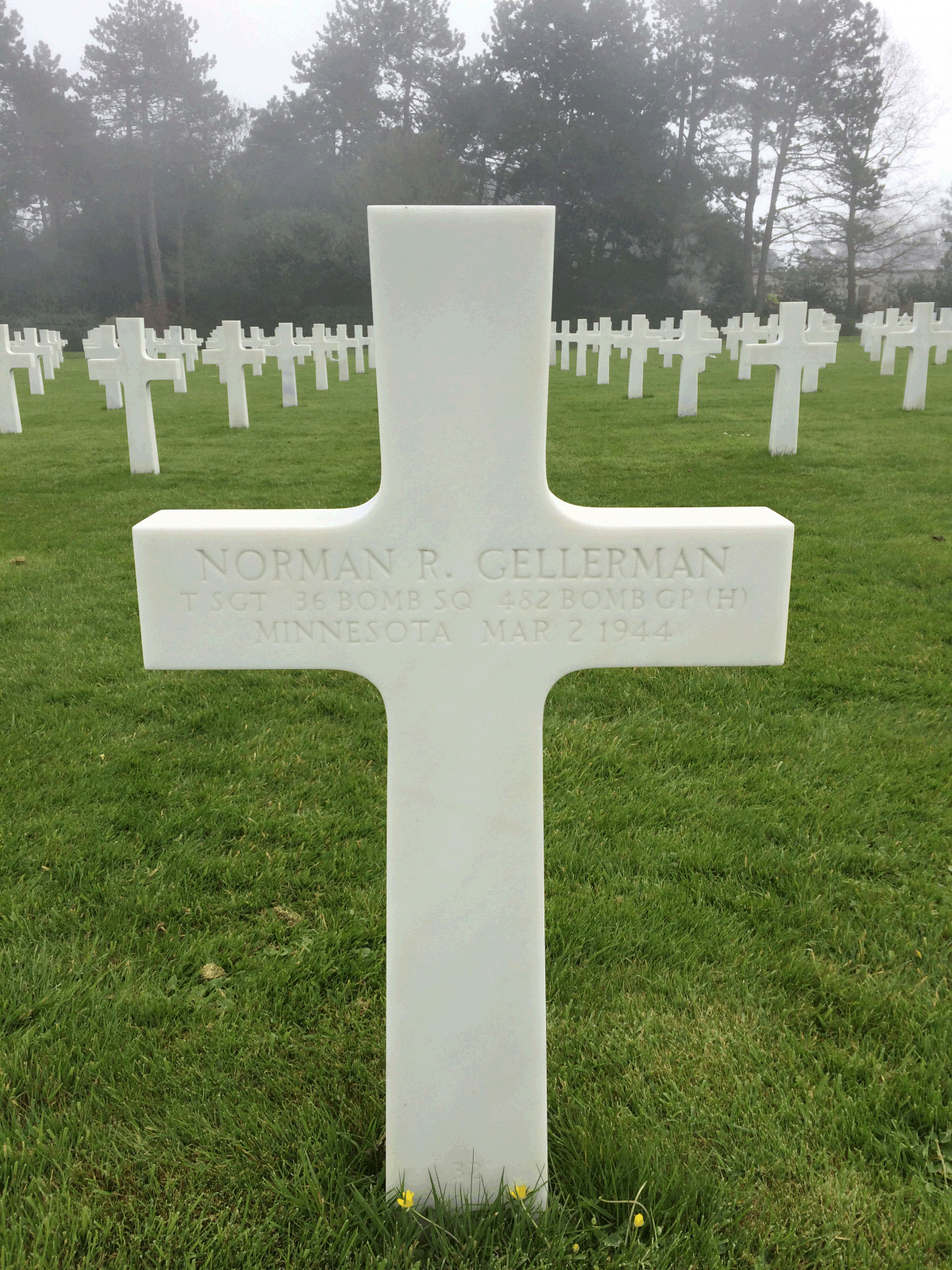 Radio Operator – Ross, Warren Lewis, T/Sgt., 16092986
Radio Operator – Ross, Warren Lewis, T/Sgt., 16092986
Mrs. Carrie E. Ross (mother), 216 West Ann St., Ann Arbor, Mi.
POW Stalag Luft 6 (Heydekrug)
Gunner (Right Waist) – Goswick, Leroy Ellsowrth, S/Sgt., 13090050
Mrs. Amy Goswick (mother), 19 South 2nd St., Youngwood, Pa.
Born 7/28/22, Youngwood, Pa.; Died 1/12/17, Greensburg, Pa. (https://www.findagrave.com/)
Buried Youngwood Cemetery, Youngwood, Pa.
POW Stalag Luft 4 (Gross-Tychow)
Gunner (Tail) – DeCoste, Edward Henry, S/Sgt., 11087792
Mr. Alcid Decoste (father), 36 Adams St., Newtonville, Ma.
POW Stalag Luft 4 (Gross-Tychow)
____________________
Though the MACR gives no details, translated German documents indicate that Lieutenant Shevlin was captured on March 3 in Rosieres, and was hospitalized at Luftwaffe Hospital 8 /31 at Amiens with a broken leg and a wound to his lower left arm. Sergeant Goswick appears to have been captured by May 11. The German crew roster in the MACR (translated from the German KU Report) also lists the capture of Lieutenants McDonald and Kendall, and Sergeant De Coste, but does not specify the dates and places of their capture. The surnames of Lieutenant Kelly, and Sergeants Ross and Jennings appear in the translated crew roster with no further information. The 801st/492nd BG website specifically states that some of the POWs had been betrayed to the Germans by collaborators.
What about Lieutenant Kelly? As mentioned above, he was the proverbial “one that got away”.
A transcript of the typewritten account he composed for his Escape & Evasion Report (E&E Report 699) appears below. (Notably, what follows isn’t a verbatim transcript. I’ve included those few sentences and phrases which were “struck out” of the original document, as struck-through text.)
____________________
LIEUTENANT FREDERICK C. KELLY’S ACCOUNT OF ESCAPE AND EVASION
We were shot down by flak. The plane crashed and a couple of us were thrown out. We walked several miles and slept the rest of the night in a gully, where we also stayed the next day. That night some Frenchmen who had seen us brought us bread. We continued walking, and lay up in a shed on the edge of town, and spent the next day there. In the evening a girl who had come upon us gave us food. At nightfall we continued on our journey southwards, found a barn from which no dogs scared us away, and rested part of the night in a barn.
The third morning we approached an old man. He said that the women of the village would take care of us. We were led down the main street of the village, still dressed in our flying clothes, and taken in out of sight. We were then given civilian clothes and taken to a house from which our journey was arranged.
However, when I got down in the S of France something went wrong with my helpers’ connections, of the people who were helping me. I was given a railroad ticket to another town and continued the journey to Spain on my own. After the train ride I walked out of the town and spent the night in bushes by a river. The next morning I made the mistake of walking to the NE. I spent the night outside a village and approached help the next morning and was told to take a bus to a town where I could find directions for getting to Spain. The bus, however, went only as far as the town at which I left the railroad. So I continued walking S and was taken in by a peasant who agreed to shelter me if I would leave my identity papers with him for the night. It seemed that the farther S in France I went the more suspicious the people were.
I walked to the town to which I had been directed, was fed by a peasant, and went on to a town farther to the S. On the way a French gendarme checked my identity papers and asked me where I was going. When I told him he asked me why I was going there. “To work”, I explained, my identity card said that I was a blacksmith. The gendarme laughed and let me go. I spent an uncomfortably cold night in a shed outside of town and was colder than hell.
I walked all the next day and spent that night in a sheep-fold. The next day I continued walking. About 1000 the next morning a women took me in and fed me. She explained that it was dangerous to be found in the area along the Spanish border, that it was a in the Zone Interdite along the Spanish border, which I already knew from P/W lectures. This woman kindly arranged got a guide to take me over the mountains.
Additional Comments
Airmen should have explained to them the difference between regular French gendarmes and the Vichy police – they wear different caps, for instance. Men should be especially careful in the south of France where the people are not as friendly as in the north; they will feed you but are less likely to shelter you.
If you are not being moved it is a good idea to set a definite date by which your helpers must take some action; if they do not move you or do not give you a good reason for their failure to move you, you had better go on your own.
Statement of information covering the period from 2 March to 21 April 1944
Appendix B
Traveling by train from AMIENS to Paris in middle April informant saw that the railway yards at ALBET had been thoroughly blown up by bombing, with box cars strewn around and locomotives overturned. AMIENS railway yards had also been hit but had not suffered so much damage.
In March or early April there was some kind of maneuvers around CONTY (Somme). Infantry and tanks were involved (hearsay).
Informant saw a submarine in the river at BORDEAUX in middle April.
Informant was told, that DAX was a military headquarters of some sort. Between BORDEAUX and DAX he saw a lot of German soldiers, most of whom seemed to be young. There seems to be a large hospital at DAX; informant saw many German nurses.
There are a number of airfields between DAX and PONTONX (Pontoux sur l’Adour)
Appendix D
I used the Horlocks tablets, milk tube, halazone tablets, matches, adhesive tape, chewing gum, water bottle, and compass. The water bottle leaked. There should be a check to see that the kits are new and in good condition.
I carried a yellow purse, the contents of which I gave to helpers.
I carried eight passport-size photographs, one of which I used on my identity card.
I had been lectured on evasion and escape. The lectures were of value only in so far as they concerned the use of the escape kits. I don’t believe that I had ever heard of evaders. At CCRC on November I believe I heard only a lecture on enemy interrogation, which was excellent.
Suggestions: Carry every escape aid that you can. Keep optimistic.
Lieutenant Kelly arrived in Spain on April 21, reached Gibraltar on May 29, and departed for England May 31.
____________________
Akin to the blog post concerning B-24H Tell Me More, I’ve used Google (what else…no-one escapes Google!)* to generate maps – at successively larger scales – of the plane’s crash site, with the “concluding” image being an aerial view of the crash site as it appears in now, 2017. The most probable general location of the crash site is denoted by a red oval superimposed on the maps and photo.
The next two blog posts cover the 19 photographs contained in the Luftgaukommando Report for 42-63792. Click ahead…!
* Yet….
